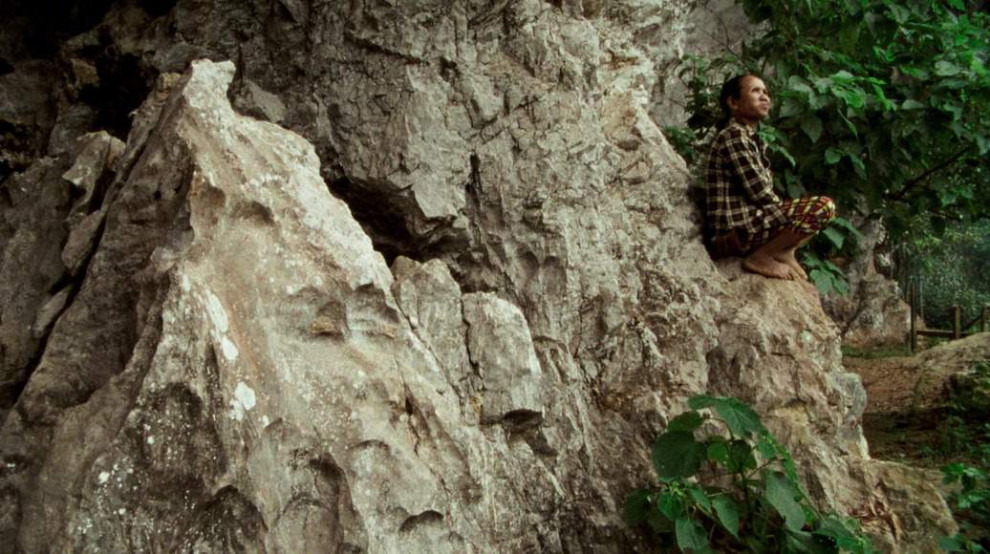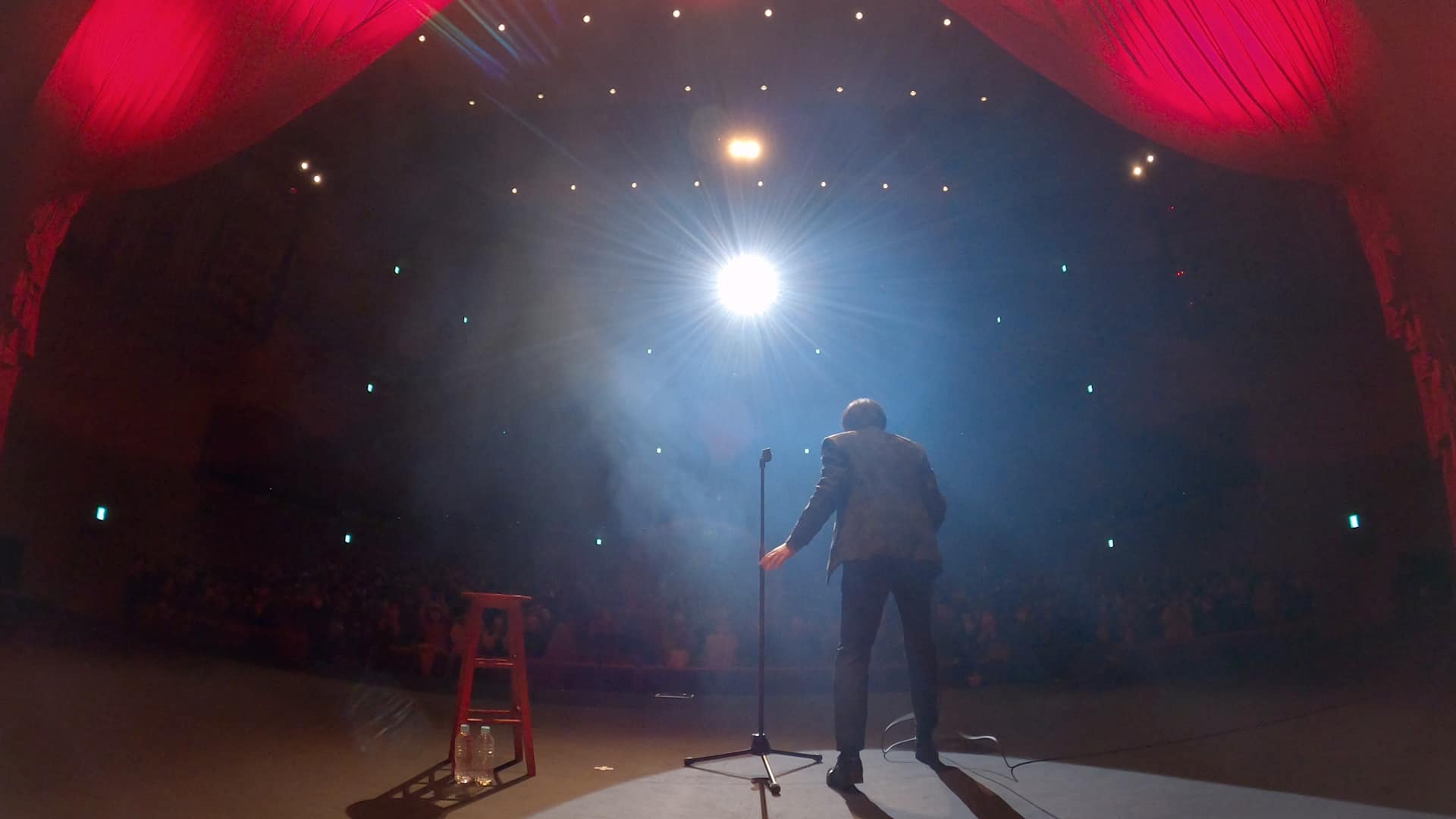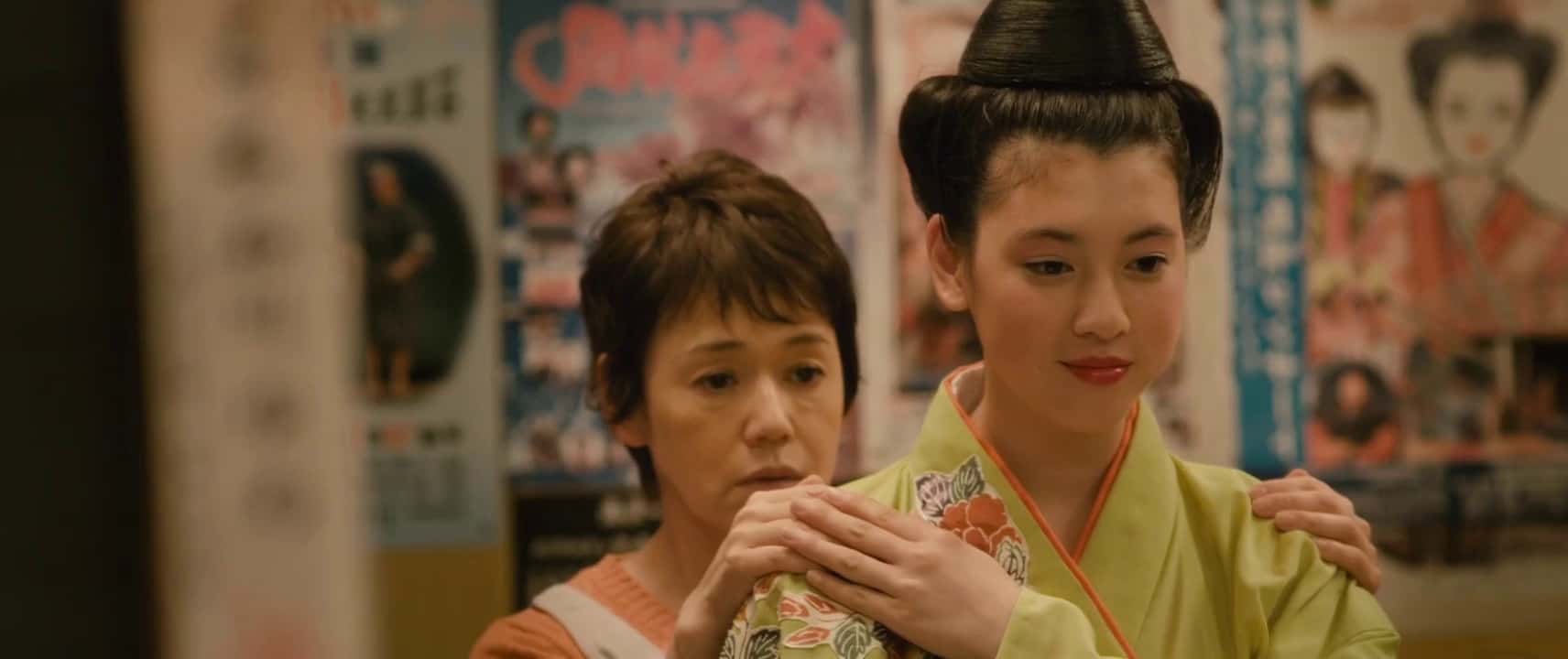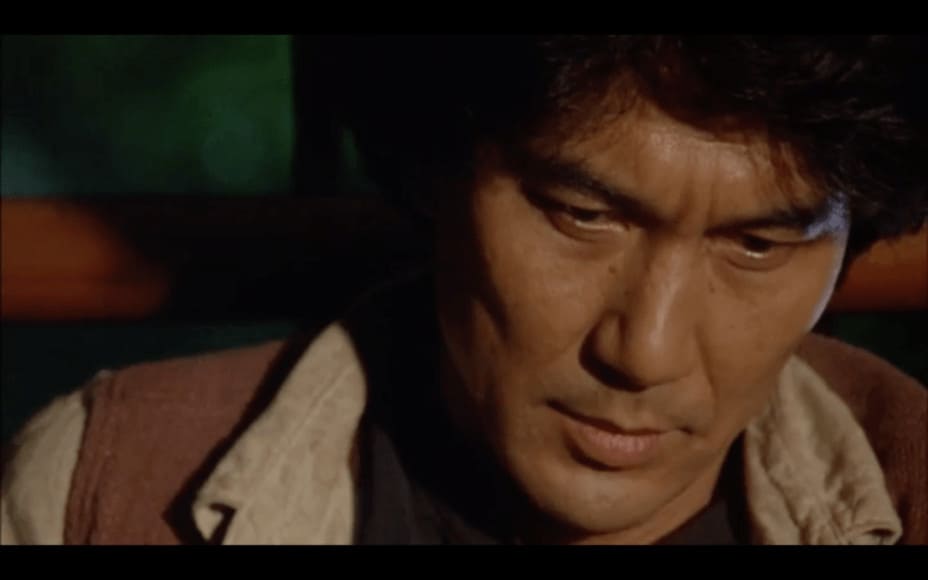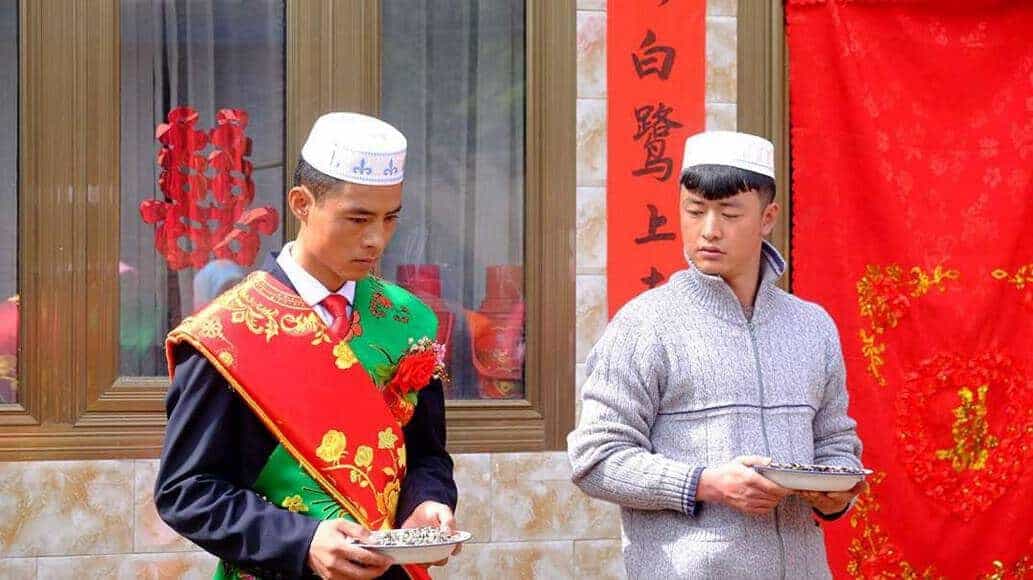Minh Quý Trương tackles the lofty and profound themes of memory and belonging in his sophomore semi-documentary “The Tree House”. It premiered at the Locarno Film Festival and was shown at the International Film Festival Rotterdam.
An unnamed filmmaker on Mars, quarter of a century in the future tries to recollect and reconnect with his past. Trying to recall the disappearing image of his life in his home, he goes through the footage he has taken of Central Vietnamese tribes before leaving Earth. Both of them share the same predicament: due to various reasons they have irreversibly lost their childhood homes.
The movie consists of interviews with different indigenous peoples from Central Vietnam such as Rục, Cor, and Jrai. They all have been displaced from their native homes during the Vietnamese War both by the Americans and the Vietnamese. They first uproot the people due to a perceived danger seen in their places of residence as hiding grounds for the Viet Cong. This we see best in the story of Hồ Văn Lang about the treehouse which he shared with his father after which the film is titled, and which features prominently through the movie.
The Vietnamese displace the tribes as a way to “modernize” them and in the words of one of the subjects, jumpstart their culture 1000 years, effectively destroying their traditional ways. To put it differently, they are unwillingly “saved” by the Vietnamese from their “unsophisticated” and “barbaric” ways of life and habitats, to be made low wage workers living on the verge of poverty. Something that has happened to most of the indigenous people with the advent of modernization.
Yet, as shown through the compassionate and understanding direction of Minh Quý Trương, this displacement from what was these human beings' homes, has not only destroyed their unique and worthy cultures but also created a sense of longing for something that will never be again. This theme of “The Tree House” is further elaborated through the somewhat introspective and experimental direction and sci-fi premise of the film, used primarily to show boldly the uprootedness felt by the director.
There is a scene towards the latter half of the movie where an elderly Rục woman spends a night in one of the caves where she lived as a child. Though abject and unsanitary from a modern perspective, she later tells the camera she hasn't slept better in years, even if her current shack of a house has a soft mattress and other modern belongings. And while other directors might show this in a somewhat derogatory light or as noble savages, the director does not fall into these pitfalls.
In this depiction lies the true greatness of “The Tree House”. Minh Quý Trương doesn't judge his subjects or treat them any differently. Instead, he tries through and with them to see and understand his and theirs longing for home and sense of fading memories. If anything, he is especially self-conscious of the ethnographic filmmaker's tendency to invade his subject's world and rob him of his stories, and tries to avoid it. This results in as humane and beautiful mediation on the nature of home, longing, and memory as there ever was, where the director and subjects have respect for one another. A movie where the director is a subject of his own film as the interviewees, making it both personal and universal.
The last aspect makes “The Tree House” also a love letter to cinema and its power to seemingly preserve moments and memories forever. In this, it is reminiscent of the intensely personal and diary-like movies by Agnes Varda and Jonas Mekas. The former one and her technique of editing in unknowingly taken footage are even mentioned and emulated in the film.
The movie is shot in a gorgeous Super 16 by Son Doan. The grains of the film stock flicker and dance as the people reminisce of their past and philosophize on the nature of memory and home. Undoubtedly beautiful, fragile, and precious, the choice for such a grainy and “lo-fi” presentation goes beyond aesthetics. It adds to the meaning of the picture. The grains and their distortion tell us about the memory and its tendency to color and distort everything we have once witnessed. To make us feel and even be certain of having experienced things we might have not. Or of having undergone them in ways different than those actually happened.
Minh Quý Trương's “The Tree House” is a brilliant work of ethnography and a touching and profound meditation on humanity and the nature of cinema. It is a splendid work and we cannot wait to see the director's future work.


